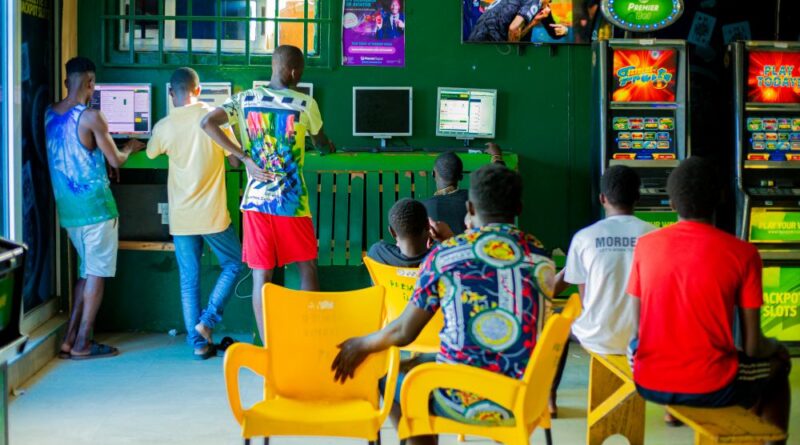Ghana’s gambling boom driven by mobile betting
A massive shift is fueling Ghana’s gambling boom. The gambling industry, for example, has moved rapidly from local betting shops to online platforms. As a result, sports betting has become an everyday activity for many Ghanaians. This change is driven by smartphones, internet access, and the nation’s strong football culture. This transformation began gradually. In fact, it has picked up significant speed.
Just ten years ago, most bettors visited small shops. Today, however, people place their bets with just a phone. This shift allows users to bet anywhere. For instance, they can bet in the middle of a conversation. They can also bet on their way to work. Consequently, many young Ghanaians, particularly football fans, now see betting apps as part of their daily routine.
The growth is not just visible; in fact, it is measurable. A few years ago, the country had only about a dozen licensed betting companies. Now, that number is over 30. In 2019, the online gambling industry generated about $27 million. More than half of that came from sports betting. By 2024, experts predict the total will reach $57 million. Some even forecast it will surpass $900 million across the entire sector by next year.
That kind of jump does not happen in a vacuum. Rather, it is tied to how easy betting has become. The apps are fast and payments are simple. Furthermore, tempting odds often promise a big win from a small bet. This hope, of course, attracts many users. A 2022 survey showed that over 40% of Ghanaians had placed a sports bet in the last year. Many are young. Some are students. A significant number bet regularly. Overall, football is the primary attraction. European leagues, especially the English Premier League, dominate. Local matches also get attention.
Betting brands are now mainstream. They sponsor football clubs, take over radio ads, and appear across social media. As a result, you see their names on jerseys, billboards, and even in music videos. The government recognizes the serious money involved. For this reason, the Ghana Revenue Authority hopes to collect a billion cedis each year from gambling taxes. In 2023, a new rule added a 10% tax on all winnings. On the other hand, betting companies spend about 200 million cedis a year on advertising alone.
This explosive Ghana’s gambling boom also brings risks. Many more young people are betting, sometimes recklessly. Consequently, stories of financial struggles and debts are now more common. Regulators are looking into stricter rules. For example, some want to ban betting centers near schools. Others call for better age checks and betting limits. How the country handles these challenges matters just as much as the profits. Done right, the industry could provide jobs, entertainment, and revenue. Conversely, done wrong, it could leave too many people behind.
Source: Ghanaian Times / Citi Newsroom




